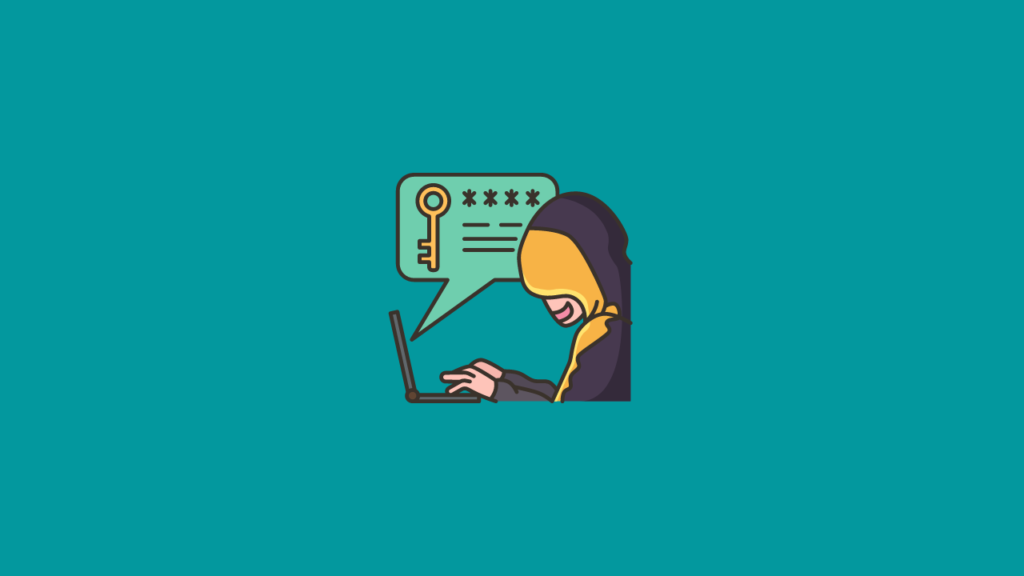If your business deals with confidential information, you need to take steps to avoid data breaches. Here are some tips to help you secure this data.
Data breaches can be a huge liability when it comes to confidential information in the business world. About 1 in 3 companies experienced a data breach in 2017, and the average cost of a data breach was about $3.6 million. In 2020, during the height of the pandemic, data breaches increased by 27% due to the number of people working remotely.

Companies must take extra care to protect their confidential information, whether it’s customer data, employee records, or business plans. Taking certain precautions to avoid data breaches and keep personal information safe in your business is essential. Here are some tips for safeguarding sensitive data.
1. Establish security protocols and procedures for handling confidential information.
Every business should have strict protocols and procedures for handling confidential information. Employees should be trained on these procedures and regularly reminded of them. Even something as simple as requiring employees to encrypt their laptops when they’re not in use can make a big difference.
One effective security protocol that businesses can implement is the principle of least privilege. This means that employees should only have access to the information they need to do their job and nothing more. For example, a customer service representative should not be able to access financial records.
You only want to give employees the bare minimum amount of access they need to do their job, and no more. This helps prevent data breaches and limits the damage that a breach can do if it does occur. It can also make it easier to find the source of a breach if one does occur.
2. Be careful when communicating confidential information electronically.
Email is no longer a secure way to communicate confidential information. An email can be intercepted and read by someone other than the intended recipient. If you must share personal information via email, encrypt the message. You can create a password-protected PDF file or use a service like ProtonMail.
It would be best if you were careful about what you say to people on a video conferencing call. Someone can join a call without your knowledge and listen to the conversation. Using a hybrid event hosting platform that offers end-to-end encryption for extra security is best. It lets you control who can join the call and prevents anyone from eavesdropping.
3. Use multiple layers of security.
When it comes to confidential information, you can never be too careful. That’s why it’s essential to use multiple layers of security. This means using things like firewalls, encryption, and password protection.
For example, you might encrypt sensitive files so that even if someone manages to access them, they won’t be able to read them. You can also require employees to use strong passwords and change them regularly. Ask your IT department to set up these security measures for you.
Another layer of security might be physical security measures like locks and cameras. If you have confidential information stored in a physical location, you’ll want to ensure it’s well-protected; go here to know more. Use locks, alarms, and cameras to deter thieves and keep an eye on who’s coming and going.
4. Conduct regular security audits.
It’s essential to audit your security procedures and protocols regularly. No matter how well you think you’re doing, there’s always room for improvement. Regular security audits can help you identify your system’s weaknesses and ensure everything is working as it should.
To do this, you can hire a security consultant to come and assess your procedures. They will be able to identify any areas that need improvement and make recommendations for how to fix them. Alternatively, you can do a self-audit by testing your security system and conducting employee training. If you are hiring a security consultant, ask for references and check their credentials.
5. Have a plan in place if a breach does occur.
Finally, it’s crucial to have a plan in place if a data breach occurs. This way, you can quickly and efficiently contain the damage and limit the amount of information compromised.
Your plan should include steps to quickly identify a breach, who to notify, and what to do next. It’s also a good idea to have a backup of all your important data so that you can quickly and easily restore it if it’s lost. Some businesses even keep a separate “disaster recovery” site where they can store data and operate in the event of a significant breach. You can never be too prepared.
Concluding
Taking these steps will help you protect confidential information and avoid data breaches. By being cautious and vigilant, you can keep your business safe. Always remember that security is an ongoing process, not a one-time fix. Regularly review your procedures and ensure everyone in your company knows the importance of confidential information. With the proper precautions, you can avoid data breaches and keep your business running smoothly.
